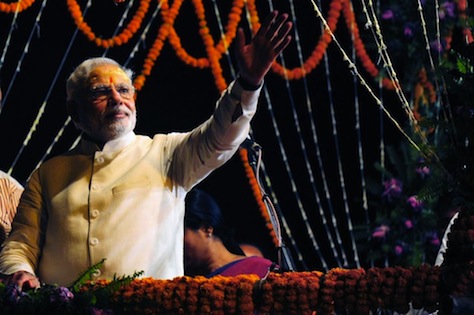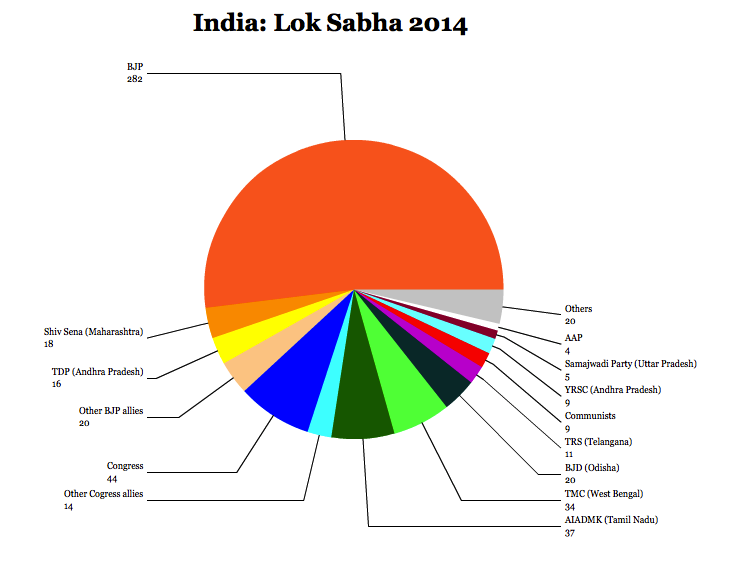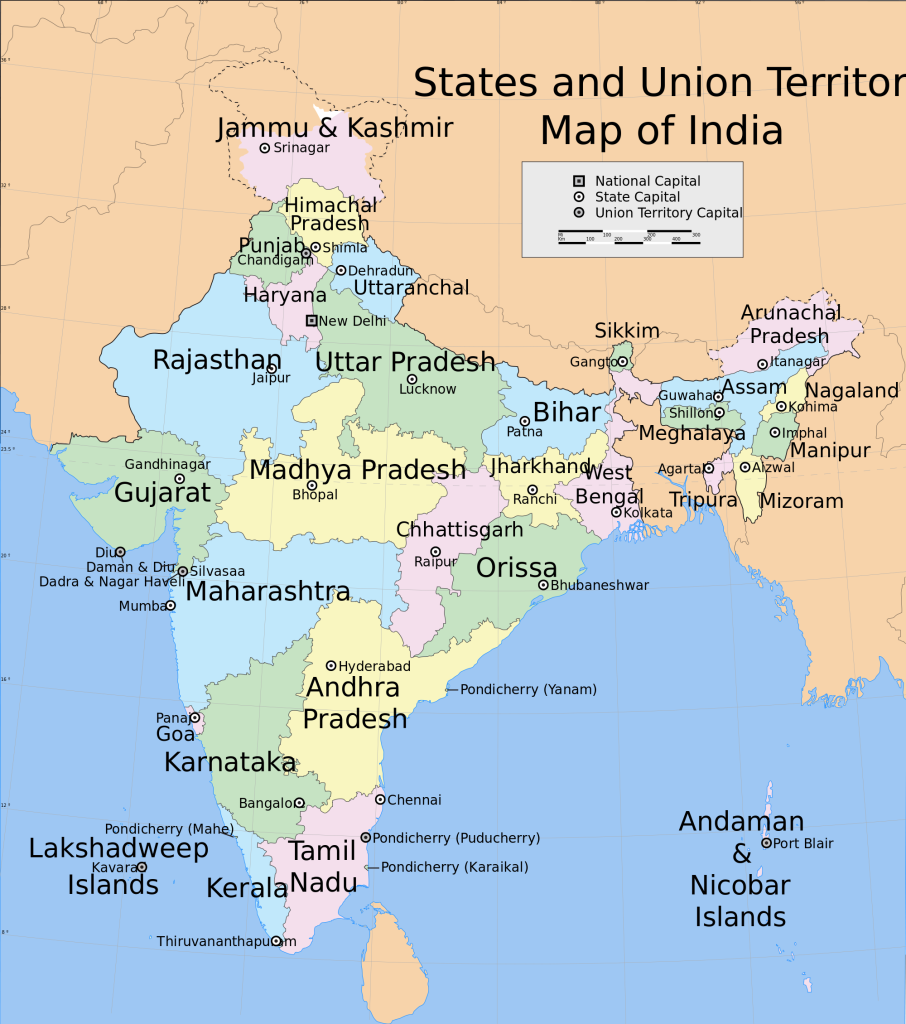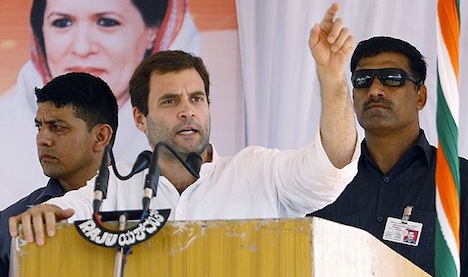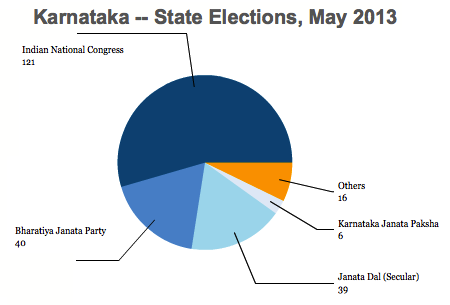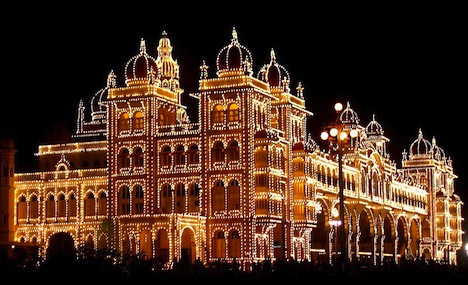It quickly became clear early on Friday morning across India that Narendra Modi and his Hindu nationalist Bharatiya Janata Party (the BJP, भारतीय जनता पार्टी) were headed for a historical victory in India’s national elections, which took place across nine separate phases between April 7 and May 12. ![]()
But to really understand the impact of the victory, it’s important to delve into the results on a state-by-state level. Where did the BJP massively exceed expectations? Where did it fall short? Where did regional leaders keep the ‘Modi wave’ at bay? Where did regional leaders fail? Each state tells us something about the future shape of India’s new political reality in New Delhi and about the future of state governance, which, after all, represents the most important level of government for most Indians, even in the Modi era.
For the record, here are the final results:
The BJP, together with its allies in the National Democratic Alliance (NDA) won 336 seats in the Lok Sabha (लोक सभा), the House of the People, the lower house of India’s parliament. It’s the largest mandate that any Indian party/coalition has won since 1984.
The ruling Indian National Congress (Congress, भारतीय राष्ट्रीय कांग्रेस) and its allies in the United Progressive Alliance (UPA) won just 58 seats. Not only did the Congress suffer the worst defeat of its history under the leadership of Rahul Gandhi, the great-grandson of India’s first post-independence prime minister Jawaharlal Nehru, it’s the first time that a non-Congress party has won an absolute majority in the Lok Sabha.
Regional parties and other third groups won an additional 149 seats. Continue reading A state-by-state overview of India’s election results
